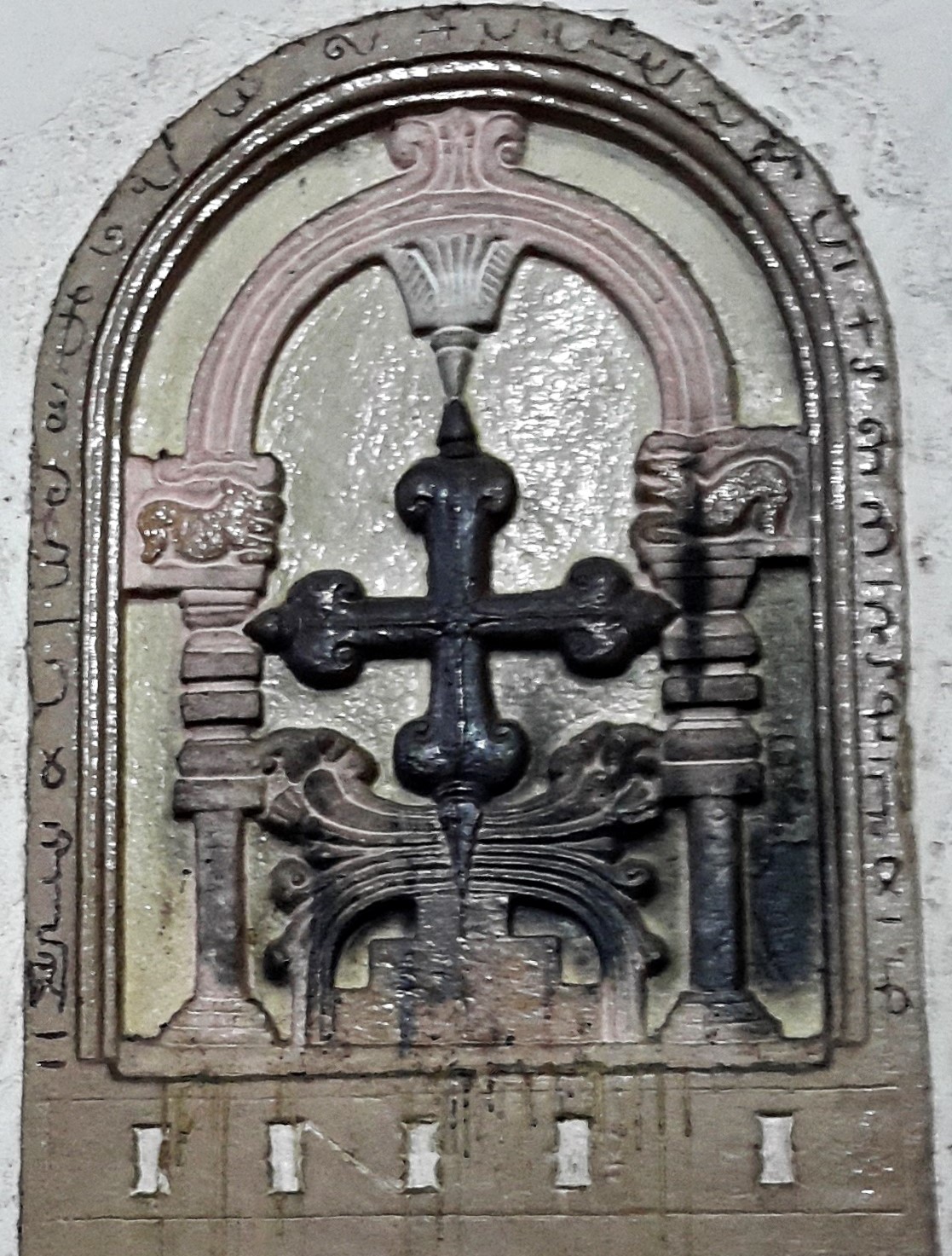
Coonan Cross Oath
The Coonan Cross Oath, also known as the Great Oath of Bent Cross, the Leaning Cross Oath or the Oath of the Slanting Cross, taken on 3 January 1653 in Mattancherry, was a public avowal by members of the Saint Thomas Christians of the Malabar region in India, that they would not submit to the Jesuits and Latin Catholic hierarchy, nor accept Portuguese dominance (Padroado) in ecclesiastical and secular life.[1][2][3]
The Portuguese, aiming to exert greater political control over the region through colonialism and church authority, labeled their Christian adversaries as Nestorians. The Portuguese did not accept the legitimacy of local ecclesiastical traditions and began to impose Latin usages upon the local Christians.[4] At the Synod of Diamper in 1599, presided over by Aleixo de Menezes, the Padroado appointed Latin Catholic Archbishop of Goa and the Primate of the East Indies, a number of such latinisations were imposed, including the preference for Portuguese bishops, changes in the liturgy, the use of Roman vestments, the requirement of clerical celibacy, and the setting up of the Portuguese Inquisition in Goa and Bombay-Bassein which exercised ecclesial jurisdiction in Portuguese Cochin.[5][6][7][8]
In 1653, after half a century of the increasing influence of the Latin Church, the majority of the Saint Thomas Christians resisted Padroado Jesuits, and took the Coonan Cross Oath (1653) at Mattancherry, pledging to liberate themselves from latinisation and Portuguese domination. They elected Thoma I as the archdeacon and head of their community and decided to re-establish intercommunion with older Eastern Churches.[9][2][10]